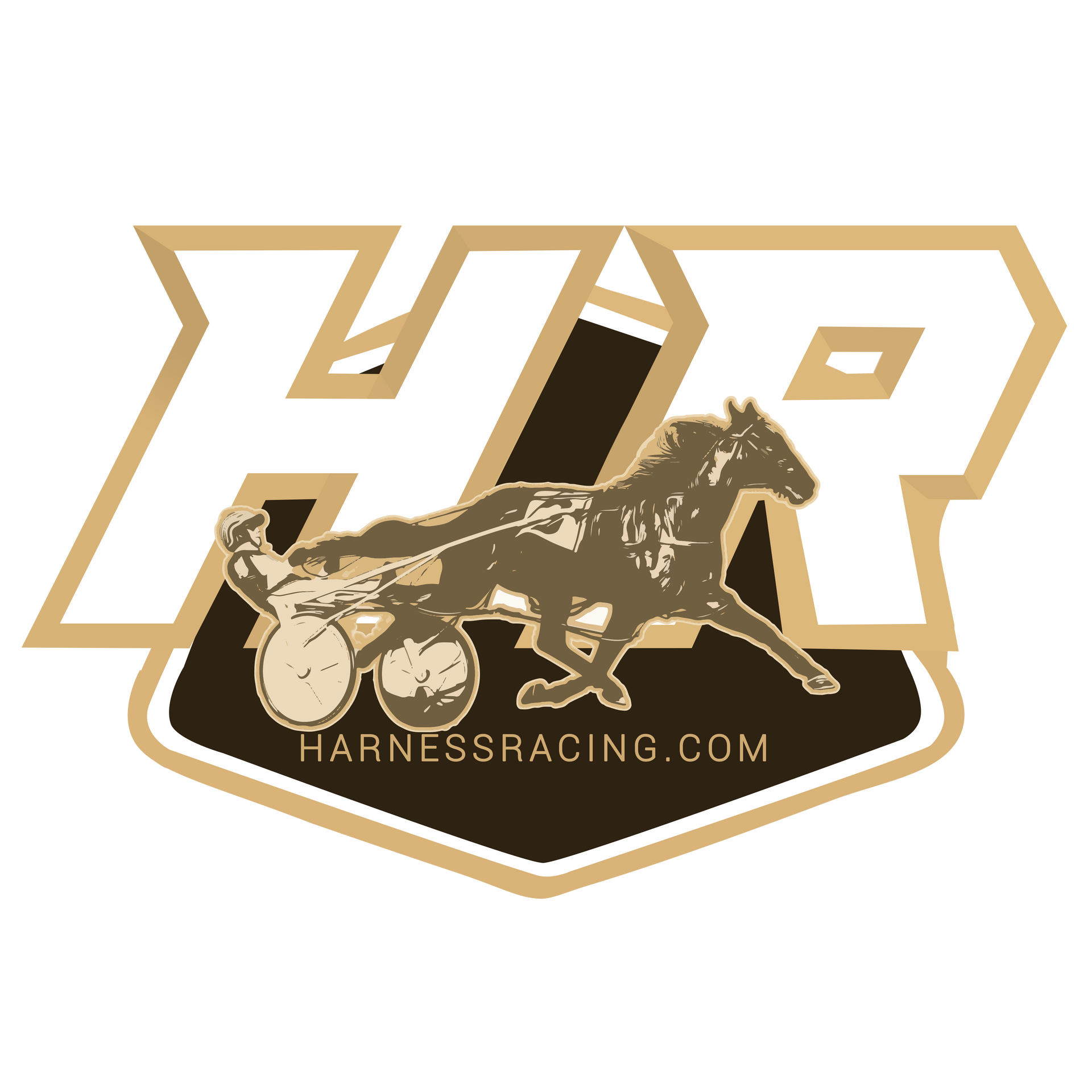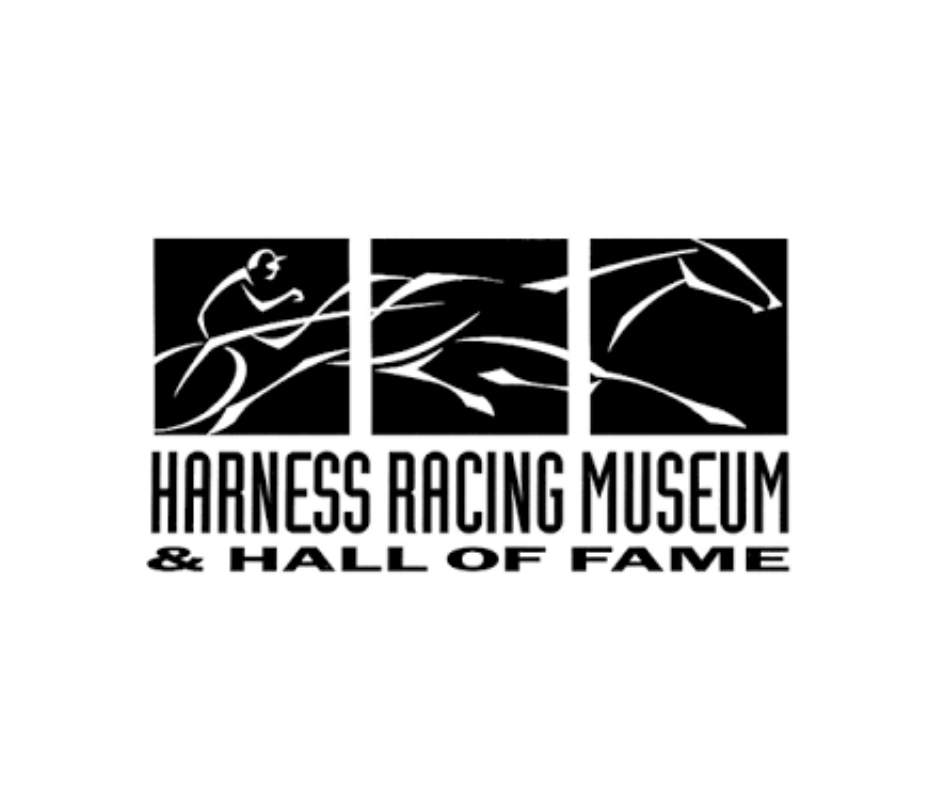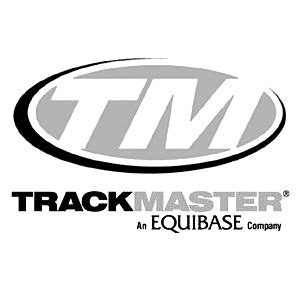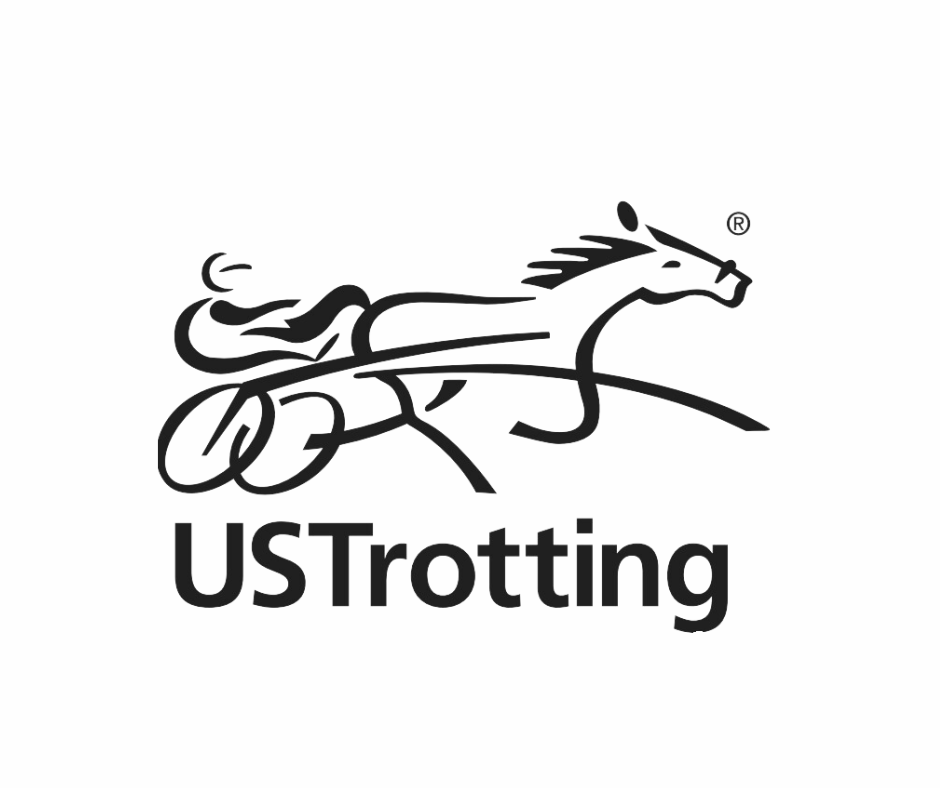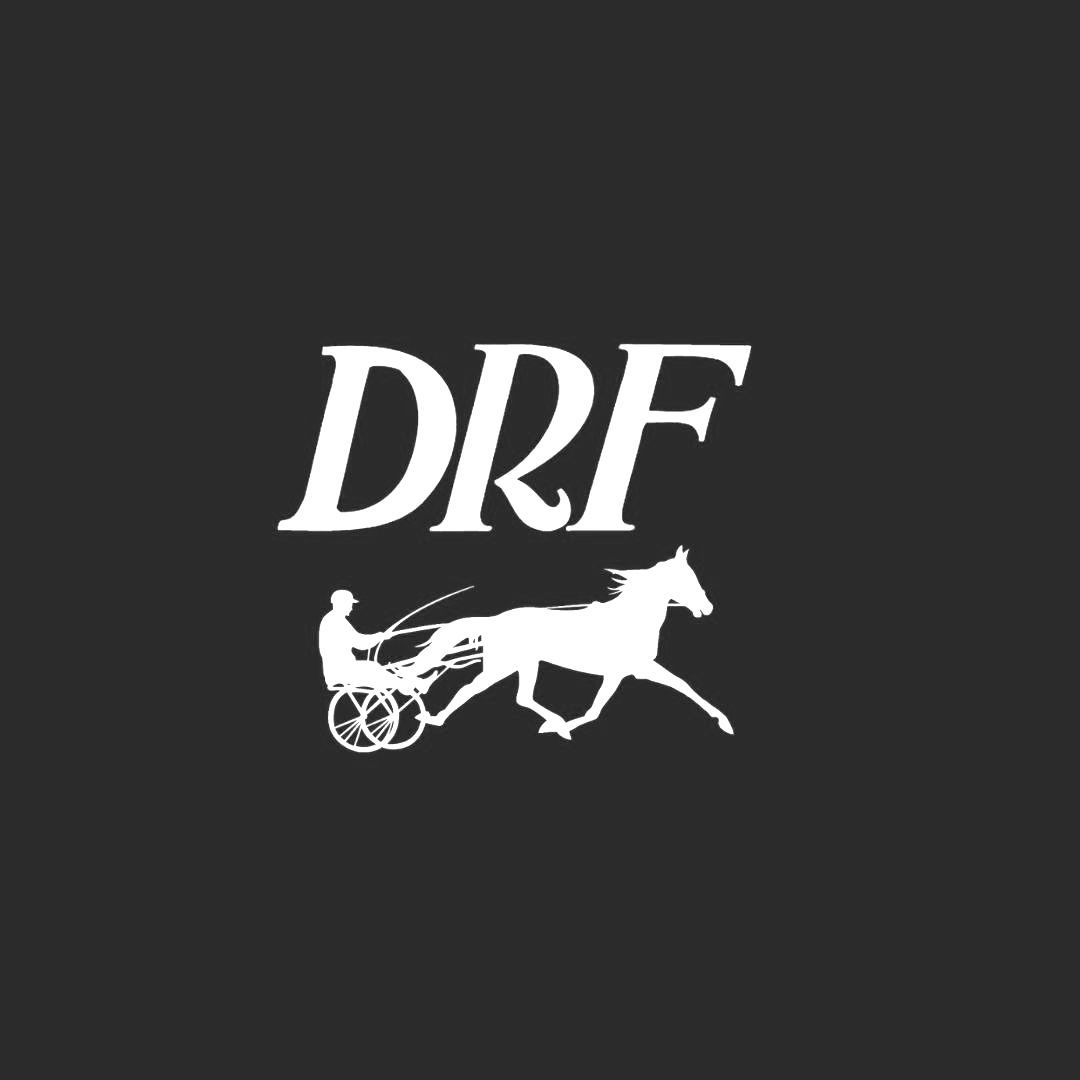TYPES OF WAGERS
STRAIGHT WAGERS
The basic or “straight” wagers newcomers generally become familiar with upon their first exposure to horse racing are Win, Place, and Show. Historically, all three required a minimum bet of $2, but these days they can be had for a minimum of $1 in most places. Here’s a closer look at the three wagers.
WIN
This wager, as its name implies, requires that your selection finish first. The takeout rate on a Win bet (as well as Place and Show wagers), that is the amount of money the track removes from each pool to cover expenses, is generally 15-20% depending on the track. The remainder is then distributed to those that hold Win tickets on the first-place horse. (The Win pool is separate from the Place and Show pools.)
Unlike Place and Show bets, Win odds are freely available by viewing the tote board, TV monitors, or on your screen if using an internet device. They are often calculated with the horse's odds.
In this example, with seven minutes to post, the #6 horse is the favorite at 8-5, or 1.6-1. If the horse wins, you would earn $1.60 for every $1 wagered, plus earn your stake back. The payoff for a $2 Win bet would thus be $5.20.
On the other end of the spectrum, if the #4 horse wins at 29-1, the payoff would be a minimum of $60 and as much as $61.80, depending on breakage. Breakage is a device tracks use to compute payoffs so they can be rounded to the nearest, lowest 20-cent increment (10 cents in New York) rather than paying in exact amounts (e.g. a calculated $60.94 payoff would instead pay $60.80).
As Win odds are determined by the level of play each horse receives, it’s hard to quantify the level of difficulty of this wager, though it’s harder than either Place or Show wagers as we will see. If you strictly bet the favorite to win every race, you would, on average, cash on one out of every three races. That average goes down the more higher-priced horses you bet to Win, although the rewards are higher.
PLACE
The Place bet requires your selection to finish first or second. It’s easier to cash than a Win bet, but the payoffs are typically smaller due to the Place pool being divided two ways rather than one (bettors with Place money on the first horse and second horse divide the pool).
Place odds and likely payoffs are not readily available to the public because they are dependent on who runs first and second. Though there are ways of determining approximate payoffs by calculating the amount of money bet on each horse in the Place pool, newcomers to the game are advised to enjoy the experience and not get too hung up on the mathematics. That’s what the track’s mutuels department is for.
SHOW
The easiest of the three straight wagers to cash, it requires that your selection finish first, second, or third. Because it’s the easiest, and the fact the pool is divided among three groups of ticket holders, the payoffs can be very low. If you’re betting favorites, the Return on Investment (ROI) can often be less than $1 for every $2 wagered. As is the case with Place bets, odds and likely payoffs are not readily available but an approximate return can be computed.
While Show bets are good ones for beginners with a low-risk threshold, winning the equivalent (sometimes) of pocket change will not be terribly exciting for some.
EXOTIC BETS
These exotic bets are similar to making a basic bet, but a whole lot more fun. Why? Because when you win a bet like these, you can win more money! Bigger Payouts for Exotics
Payouts are determined by how much money is bet into each of the pools, so watch for payouts of these exciting bets on the TV screens as soon as the races are declared official.
Exacta
Pick the top 2 finishers in a race in the exact finish order. $2 Exacta – horse numbers 1,2 = Cost $2
Daily Double
Pick the winners of 2 consecutive races. $2 Daily Double horse numbers 1,1 = Cost $2
Trifecta
Pick the top 3 finishers in a race in the exact finish order. $2 Trifecta – horse numbers 1, 2, 3 = Cost $2
Pick 3
Pick the winners of 3 consecutive races. $1 Pick 3 – horse numbers 1, 1, 1 = Cost $1
Superfecta
Pick the top 4 finishers in a race in the exact finish order. $1 Superfecta – horse numbers 1, 2, 3, 4 = Cost $1
Pick 4
Pick the winners of 4 consecutive races. $1 Pick 4 – horse numbers 1, 1, 1, 1 = Cost $1
BOXED EXOTIC BETS
When you “box” an exotic bet your selected finishers can finish in any order. With a typical exotic bet you must identify the exact order the runners will finish in order to win.
Exacta Box
Pick the top 2 finishers in a race.
They can finish in any order within the top two positions.
$1 Exacta Box – horse numbers 1, 2 = Cost $2
Trifecta Box
The simplest and most overused method of Trifecta betting, Trifecta boxes allow you to play multiple Trifecta combinations on a single ticket. Offered at most racetracks in denominations as low as $1, a $1 Trifecta box of horses 4-5-6 would include six $1 combinations at the cost of $6 and would pay off if the order of finish were 4-5-6, 4-6-5, 5-4-6, 5-6-4, 6-5-4 or 6-4-5.
Trifecta boxes can include as many horses as are in a race. You can box the whole field and play every possible Trifecta combination in a race if you like, although this would be an extremely inefficient method of Trifecta betting and would almost guarantee a loss over time. Based on the cost of $1 boxes listed below, the payoffs would never allow you to recoup your investment.
To calculate the cost of a Trifecta box, multiply the number of horses you would like to box by that number of horses minus one and by that number minus two, and then multiply it by your bet amount.
For example, the cost of a four horse $1 Trifecta box would be calculated as follows:
(4 * 3 *2) * $1 = $24 (24 $1 combinations.)
The cost of a five horse $1 Trifecta box would be calculated as follows:
(5 * 4 *3) * $1 = $60 (60 $1 combinations.)
Superfecta Box
Pick the top 4 finishers in a race.
They can finish in any order within the top four positions.
$1 Superfecta Box – horse numbers 1, 2, 3, 4 = Cost $24
Exacta Wheel
Pick a horse to finish either first or second and wheel it in the exacta, you cover every combination so that if your horse finishes in the first or second position, you will have the winning combination.
For example, if you were to play a $1 exacta wheel with a 'key' horse of #3 to come first, the #3 horse would have to win and any of 1,2,4,5,6,7,8 would have to finish second in order for you to cash your ticket.
Trifecta Wheel
Slightly more efficient than Trifecta box betting, Trifecta wheel betting does have its place and can be lucrative on occasions when you believe one or more of the favorites can finish out of the money. It can also be a reasonable option when you have a strong opinion about who will win the race (especially if it is not the favorite), but can’t separate the remaining contenders for second and third. A Trifecta wheel allows you to play a horse in one position in combination with all the other horses in the field to finish in the remaining two positions.
For example, in an 8-horse field, a $1 Trifecta wheel of 3-All-All (horse three to finish first with the other 7 horses to finish second or third), would result in 42 possible $1 combinations at the cost of $42 and would pay off if horse 3 won the race and any of horses 1,2,4,5,6,7,8 finished second or third. You could also play additional Trifecta wheels with the 3 horse wheeled in second or third (All-3-All or All-All-3) for the same cost of $42 each.
To calculate the cost of wheeling one horse in one position (first, second or third) with the remainder of the field to finish in the other two positions, multiply the number of horses in the field minus 1 by the number of horses in the field minus two, and multiply that number by the denomination of your bet. For example:
To calculate what it would cost to wheel a horse in one position with ALL in the other two positions in a 6-horse field, you would multiply (5 * 4) * $1 = $20 (20 possible combinations.)In a 7-horse field, you would multiply (6 * 5) * $1 = $30 (30 possible combinations.)
Trifecta Key Part Wheel
You like five horses, (1, 2, 4, 5, and 6) but you really think horse 2 has an excellent chance of finishing first or second. Rather than box five horses at the cost of $60 you could play the following.
- $1 Trifecta part wheel 2 WITH 1,4,5,6 WITH 1,4,5,6 = 12 $1 combinations = $12.
- $1 Trifecta part wheel 1,4,5,6 WITH 2 WITH 1,4,5,6 = 12 $1 combinations = $12.
Total Cash Outlay = $24.
Although the above tickets would not win if horse 2 finished worse than second, you have reduced your total cash outlay by $36 ($24 rather than the $60 it would have cost you for the box), and you still have a great chance of cashing a winning ticket. And if you really have a solid opinion regarding horse 2 as the winner, you could play extra $1 wheels with horse 2 on top, allowing you to cash multiple $1 Trifecta tickets, still at the cost of less than the Trifecta box.
MORE EXOTIC BETS
Daily Double
The first exotic wagering option to appear at racetracks in North America, Daily Double betting requires you to select the winner of two consecutive races. For example, if you play a $2 Daily Double 5-8, the 5 horse must win the first race in the Daily Double and the 8 horse must win the second race in the Daily Double, in order for you to cash a winning ticket. A popular option among many bettors is a $1 Daily Double Wheel, in which multiple horses are combined in one leg of the wager with multiple horses (or a single horse) in another leg of the wager. For example, a $1 Daily Double wheel of 2, 3, 4 with 5, 6 would include six possible combinations at a cost of $6 and would be a winning ticket if horse 2, 3 or 4 won the first race and horse 5 or 6 won the second race.
Traditionally offered on the first two races of a race card, many racetracks now offer both an early and late Daily Double and some rare tracks even offer rolling Daily Doubles throughout the card on consecutive races. Because the Daily Double is the oldest of the exotic multi-race wagers, it is very popular among traditional long-time race goers.
Pick 3
The Pick 3 offers an excellent opportunity for a good score with a minimal outlay of cash. It requires you to select the winner of three consecutive races. For example, a $2 straight Pick 3 of 2-1-4 would require that horse 2 win the first race (leg) of the Pick 3, horse 1 win the second leg and horse 4 win the third leg, in order for you to cash a winning ticket. A popular wagering strategy among many Pick 3 bettors is the $1 Pick 3 wheel. For example, if you play a $1 Pick 3 wheel combining horses 5 and 6 in the first race of the Pick 3 with horses 1 and 2 in the second leg with horses 6 and 7 in the third leg (5,6 with 1,2 with 6,7) at a cost of $8 ( $1 * 2 horses * 2 horses * 2 horses = 8 possible combinations), horse 5 or 6 must win the first race of the Pick 3, horse 1 or 2 must win the second race and horse 6 or 7 must win the third race in the Pick 3, in order for you to cash a winning ticket.
HOW BETTING WORKS
KNOW THE LINGO
